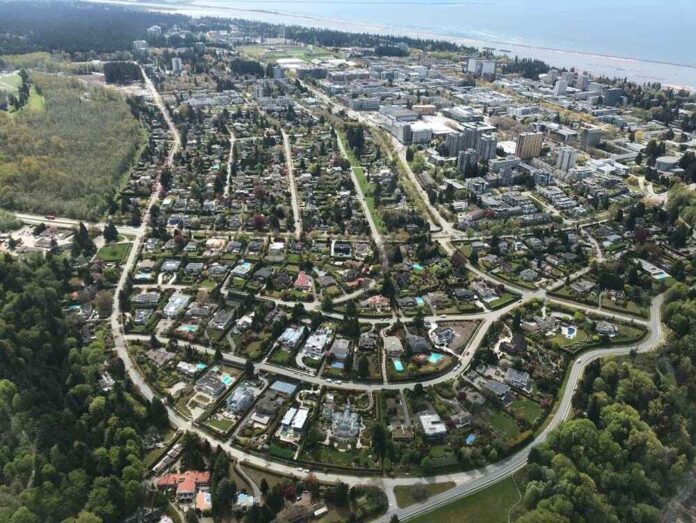The fourth and final City of Vancouver budget to be considered by the current council will be much the same as the previous three: a proposed property tax increase of more than four per cent, and a split in council on whether it should be approved.
Council will begin deliberations Wednesday morning on the proposed $1.7 billion budget, which comes with a five per cent property tax increase for the average household. They will first hear from different departments in the city, before receiving comments from members of the public.
Here’s what you need to know.
How big is the increase?
The proposed five per cent increase was the maximum requested by city council earlier this year, and would be the third straight year with increases of at least five per cent. Factoring in utility fees that are mostly set at a regional level, and the increase would be about 5.4 per cent.
For a strata unit assessed at $711,000, that would amount to a $57 increase from last year, up to $1,194. For a detached home assessed at $1,717,000, that would amount to a $137 increase, to $2,883.
City manager Paul Mochrie said in order to achieve this, the city will defer work on some projects, hold vacant positions, and find new cost efficiencies.
Unlike provincial and federal governments, municipalities cannot run deficits. Tax rates are set by staff based on projected expenses for the upcoming fiscal year, taking into account other projected revenue services like parking and program fees.
Will it pass?
Vancouver’s last two budgets have had similar tax increases and narrowly passed, with Mayor Kennedy Stewart, the three Green Party councillors, OneCity’s Christine Boyle and COPE’s Jean Swanson in support.
Independent councillor Sarah Kirby-Yung, who has called for deeper reviews of the tax increases, believes it will be the case once again.
“I’m not optimistic that we’re going to see significant movement,” she said.
“The majority of council has signaled its comfort level with higher taxes, and not a desire to really push the envelope to do a reset and respond to the changing conditions.”
Green councillor Adrianne Carr argued that the increases have been necessary to fund the services Vancouver residents want, including parks and recreation, arts and culture, social housing and climate change initiatives.
“We’re going to try and keep those taxes to the lowest we possibly can, but we still need to just deliver those services, and I think people do appreciate them,” she said.
What are controversial sections?
As in last year’s budget, discussion over policing — which consists of 20 per cent of city revenues, the biggest of any individual department — will likely be brought up by many speakers.
Last year, council froze the Vancouver Police Department’s budget for 2021, a decision appealed by the VPD to the province, which is still assessing the situation.
City staff have recommended a $321 million policing budget next year, while the VPD’s board has asked for $325 million, which they say would allow them to fill approximately 15 vacancies.
In addition, Mayor Stewart has said he will propose a budget amendment that would add a “progressive climate emergency action levy,” which he said would create a permanent and stable fund of around $10 million a year to fight climate change.
“We can’t keep our taxes potentially as low as some of the municipalities, but I think there are very solid reasons why that’s the case,” said Carr, who indicated her support for Stewart’s climate change levy.
Whether a majority of council votes in favour will be determined in votes likely happening at some point next week.
“What has been taken, is kind of across the board, hold the line, vacancy reduction,” said Kirby-Yung, “but not a real rethink or a reset of the city budget.”
Source: CBC News

